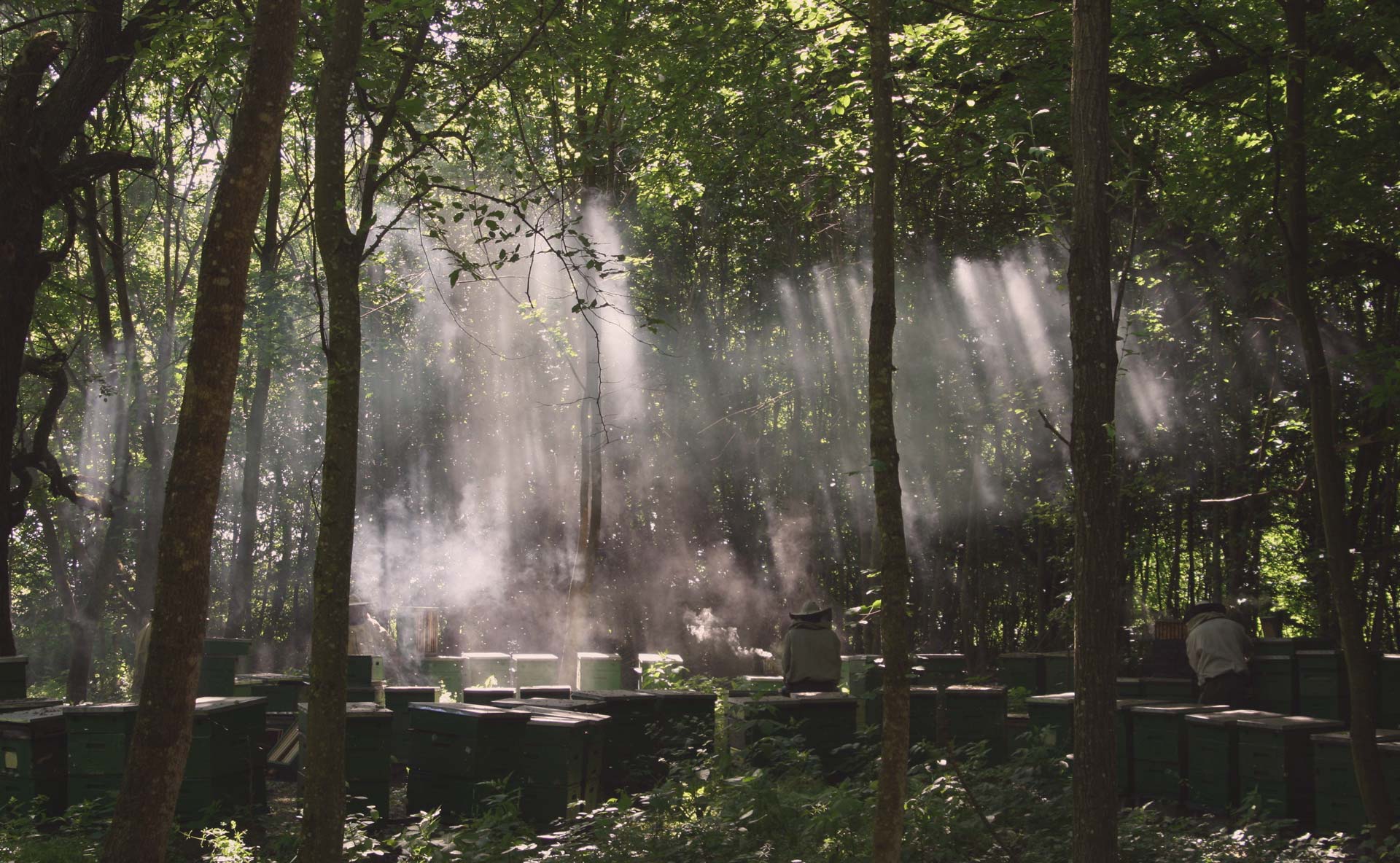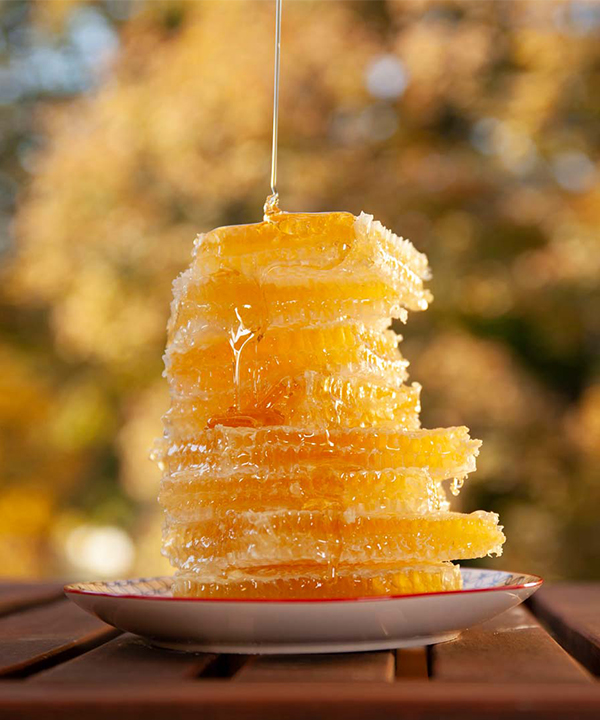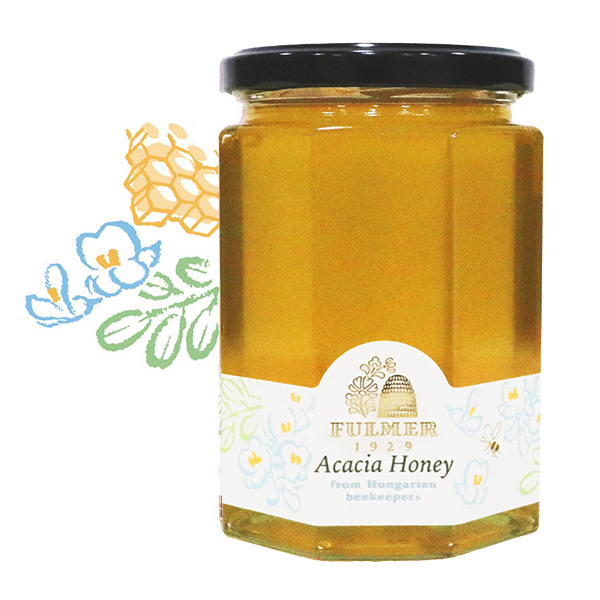
FULMER APIARY 1929
FULMER APIARY 1929
In 1929, György Fulmer established this bee farm with just a few beehives. Through the traditions and care of four generations, Fulmer has developed it into a beautiful bee sanctuary. Fulmer considers himself fortunate to have been able to deliver their honey to millions of households worldwide over the past 90 years. Today, Fulmer continues to make every effort to meet the growing demand in the most authentic way possible: by collaborating directly with other beekeepers, ensuring the supply of the highest quality honey.

Honey is rich in vitamins, minerals, macro and micronutrients, as well as the delightful aroma of flowers. These, combined with the nutritional components of bees, such as amino acids, enzymes, and bioactive substances, contribute to the antibiotic properties of honey.

Bees store this liquid nectar mixture in honeycombs and then dehydrate it by fanning their wings, transforming it into honey.

ACACIA HONEY
Acacia Honey boasts a unique pale color and delightful aroma, making it a preferred choice for those who enjoy a mild and pleasant taste. This honey originates from the white flower nectar of the acacia tree. The extensive acacia tree forests in Hungary provide fertile soil, allowing bees to produce exceptionally pure and high-quality acacia honey. Thanks to the generations of experience passed down by Hungarian beekeepers, who carefully observe flowering periods and attentively care for their bee colonies, the natural qualities of Acacia Honey, sourced from acacia flowers, are further enhanced.Acacia Honey is renowned for its distinctive light color and delightful aroma, making it a top choice for those who savor a mild and pleasing taste. This honey is derived from the nectar of white flowers blooming on the Acacia tree. The expansive acacia forests in Hungary offer fertile terrain, enabling bees to craft an exceptionally pure and high-quality Acacia honey. The optimal natural conditions are further enhanced by the generations of expertise passed down through Hungarian beekeepers, who diligently monitor flowering periods and care for their colonies.
